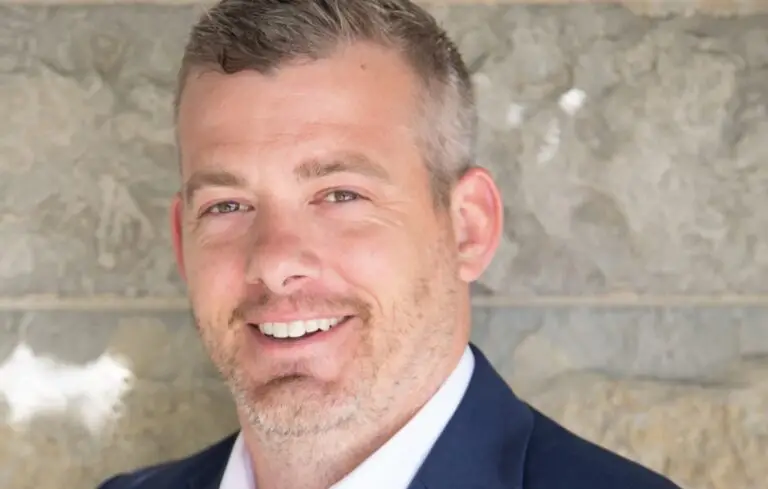Most leaders ascend an organization’s hierarchy because of their expertise, their track record and the relationships they build over time. As leaders climb higher up the ladder, their responsibilities become broader, and they discover that they can’t have all the answers to all problems. It takes humility for a leader to admit that they don’t know everything. In Good to Great, author Jim Collin argues that humility is a key attribute of great leadership because it affects how a person listens and collaborates.
Executives engage in conversations up, across, down and outside an organization. Leaders hoping to maximize collaboration via conscious conversations should start by increasing their self-awareness by asking themselves questions like these: Who’s my audience? How am I showing up? How are my words being received? And they must recognize the weight of their authority—their every word gets magnifies by a “power of ten.”
Years ago, one of my clients, a VP at an auto company, was walking to lunch with his team when he said, “I wonder what a pink [Argo] would look like.” Laughter reverberated in the hall, then off to lunch they went. Months later, his team presented him with an all-pink Argo—pink exterior, pink leather interior, pink whitewall tires. He was dumbstruck.
The VP’s anecdote perfectly exemplifies the insidiousness of the “power of ten.” In hierarchies, people often take a leader’s every word as gospel. When the leader says, “I think orange is a good color” or “we could add a video of me driving the car to make it more personal,” voilà, orange is the new logo color, and a video becomes the centerpiece of the homepage. In conversations within hierarchies, power issues quietly insert themselves into the background, and they can have a profound impact.
Below are four ways to become more conscious of conversations that enable collaboration:
1. Be aware of your audience and your goals, and recognize the “power of ten.”
Make a conscious choice about when and how to voice your opinion or perspective.
In a speech to a community group, you are expected to state your positions, tell a good story, and make a case for community action. What may be obvious to you may not be to your audience. Don’t assume they know what you know. Share a good story, and explain the thinking behind your position.
In conversations with your colleagues, be conscious of the competition embedded in these conversations. Collaborating with your peers requires humility and respect so multiple perspectives can be heard and considered.
In conversations with direct reports, be aware of the power of ten. Sharing your perspective first can shut down a conversation. As tempting as it is to say, “This is what we need to do” or “Here’s what I’m thinking,” practice holding back your opinion.
2. Invite others to share their opinions.
A good leader can create a psychologically safe space so that others can tell their story, respectfully disagree, or share lateral thoughts. Take time to ask for differing perspectives. Don’t be quick to judge opposing positions. Let your team talk directly to one another and wrestle with important or hot topics. Give-and-take conversations undo groupthink, and collaborative conversations generate mutual learning, which makes for smart teams.
3. Ask questions.
Most of us are trained to advocate for our position and to win the debate, but that makes it difficult to understand opposing positions. If you want to understand others, don’t ask questions that judge, dismiss, or put the fear of God into them. Have the humility to ask sincere questions that might bolster opposing opinions, and be willing to change your position if you hear a good idea.
4. Don’t rush your decisions.
There are obviously times when decisions must be made on the spot, but it’s usually best to slow down meetings and give conversations—and disagreements—room to breathe. I often hear teams say, “We don’t have time for a conversation!” My answer is, “You don’t have time not to have a conversation.” A thirty-minute conscious conversation takes far less time than the time needed to undo work after an unvetted or a pressured decision.
Understanding and practicing conscious conversations can be a difficult personal and interpersonal journey, but it’s a journey well worth taking. As a leader, any steps you take to increase your awareness of the weight of your words will have a significant impact on others. Engaging in conscious conversations will empower the people around you. If you can harness that power, you and your team can move mountains.







